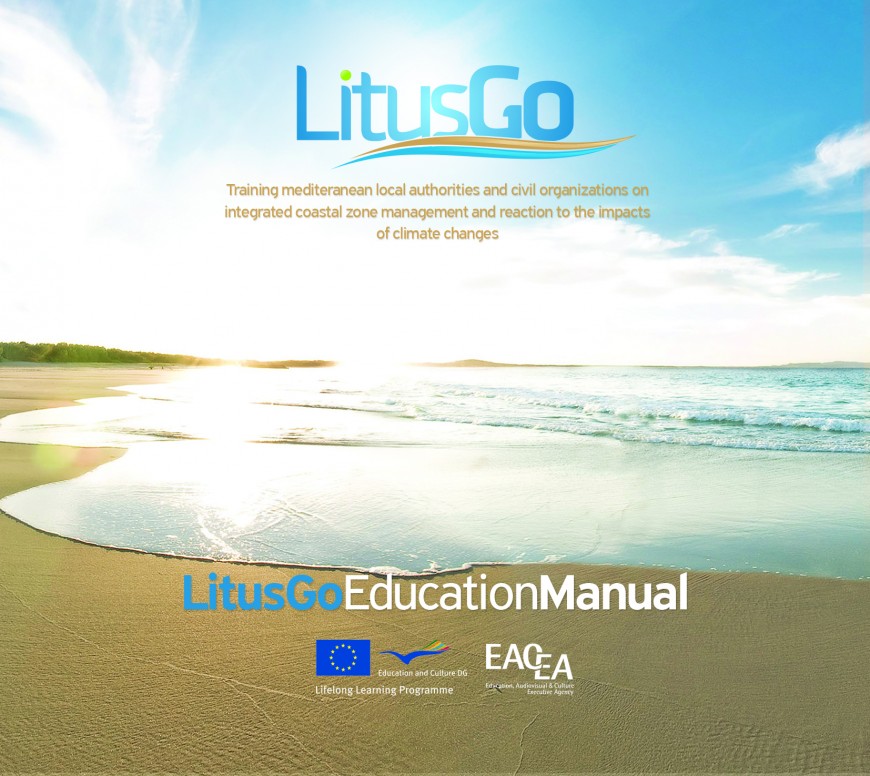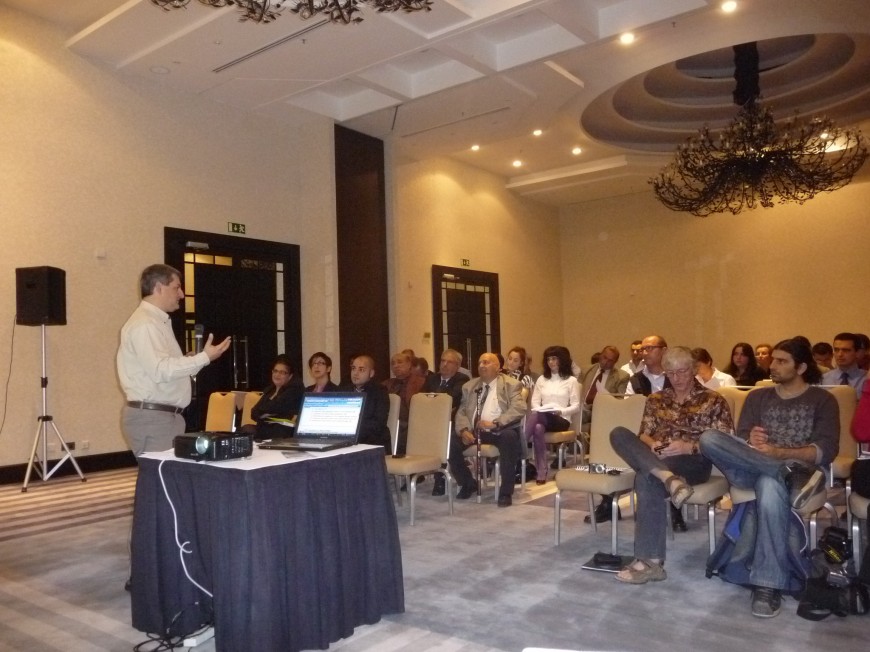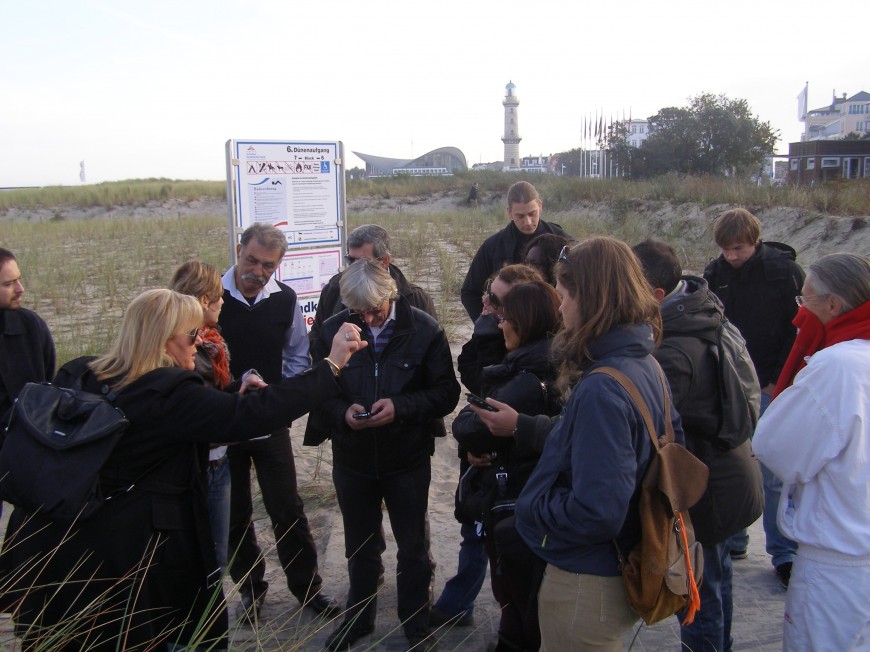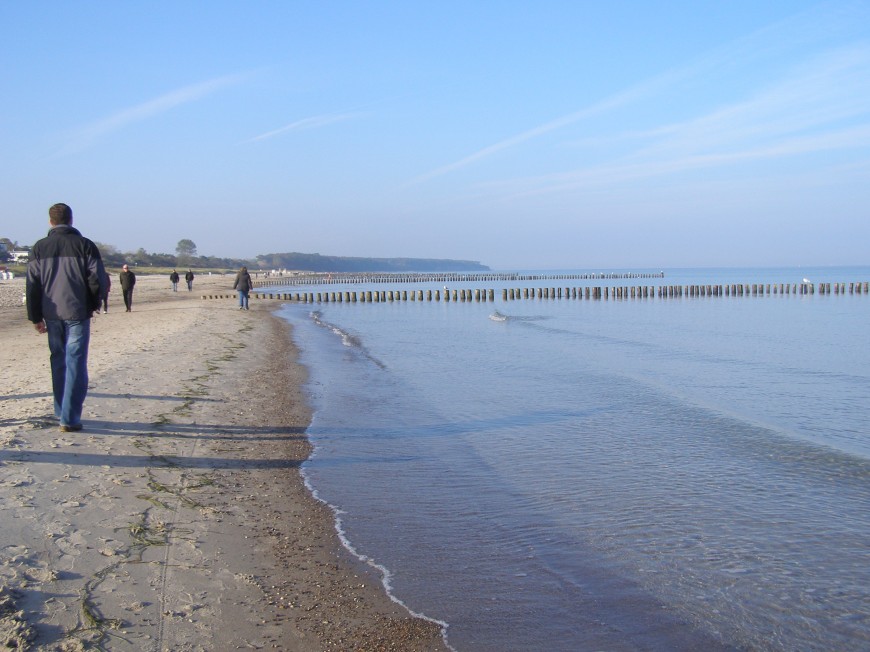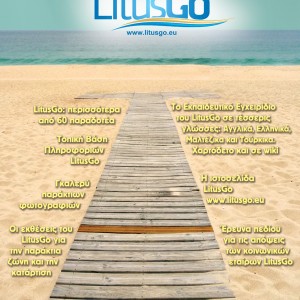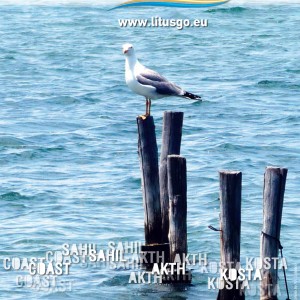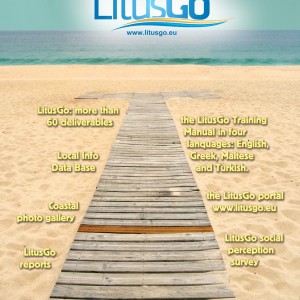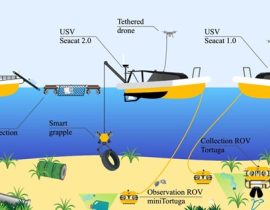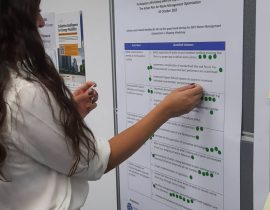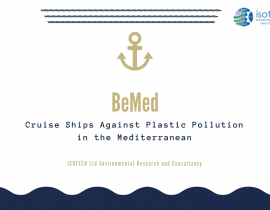Project Information
LitusGo, “Training Mediterranean Local Authorities and Civil Organisations on Integrated Coastal Zone Management and Reaction to the Impacts of Climate Changes”, aimed to fill the gap in information, training and capacity building in the areas of ICZM and climate change in the Mediterranean, through the development of well-structured, innovative, interactive, work-linked vocational training programs, directly focused on Mediterranean Local Authorities and NGOs and through them to practitioners.
Project Specification
Participants Countries: Netherlands, Greece, Malta, Cyprus
Project Partnership:
From Cyprus:
- Coordinator: ISOTECH ltd Environmental Research and Consultancy, www.isotech.com.cy
- Municipality of Pafos www.pafos.org.cy
- AKTI Project and Research Centre, www.akti.org.cy
From Greece:
- Aegean Network www.ellinikietairia.gr
- ONISIS web development www.onisis.gr
From Malta
- Municipality of Kirkop
The Netherlands
- EUCC – The Coastal and Marine Union www.eucc.nl
Launched: 2009
The LitusGo project
Mediterranean coastal areas usually have a low resource-base and at the same time are under severe anthropogenic pressures: over exploitation and inefficient management, especially in tourist areas, coupled with the impacts of climate changes are the characteristics.
According to data (e.g UNDP-ACT, Eurostat) there is a gap in information, training and capacity building on these issues in the Mediterranean at local level. Local Authorities and NGOs are usually not well informed, not trained and thus not able to take action and decisions that promote sustainable development, compiling the impacts of climate change with the principles of Integrated Coastal Zone Management.
The EU ICZM Recommendation (2002/413/EC) suggests to the Member States to “(L148/26) determine how appropriate national training an education programmes can support implementation of integrated management principles in the coastal zone”. The ENCORA (European Network of Coastal Research) in its European Coastal Action Plan suggests as one of the four key actions the concerted development of a European Network of capacity building resource centres, aiming among others to the creation of a critical mass of practitioners and policy makers that push ICZM to the centre stage of the economic and environmental goals.
LitusGo aimed at filling this training gap through the development of a well-structured, innovative, interactive, work-linked vocational training program, directly focused on Mediterranean Local Authorities and NGOs and through them to practitioners, tuned to accommodate Mediterranean particularities and needs especially in touristic coastal areas.
The methodology was problem solving oriented and involved active and cooperative learning methods, such as peer learning and e-training in order to promote positive learning attitudes among the conflicting key actors-target groups. Simple and extended forms of open method of coordination were implemented throughout the project, to promote social cooperation and stimulate policy debate among the key actors involved, and achieve a balanced and active participation of trainees and LitusGo partners.
Information and Communication Technologies were extensively used in the project in an innovative and creative way with the creation of a dynamic portal and the implementation of mediawiki for the e-Training Manuals, the setting up of a coastal community e-Forum, a coastal group in Facebook, coastal and climate changes RSS for the users of the portal etc.
Results and Outputs
The project delivered a set of particularly useful reports and tools that did not only help in meeting its objectives, as described above, but also ensured that the project remains relevant and useful. The main outputs are:
- The Gap Analysis Report: a statistical analysis of the specific LitusGo questionnaires addressed to the stakeholders in Pafos-Cyprus, Paros-Greece and Malta.
- A report Mapping the existing vocational training methods in Cyprus, Greece and Malta.
- A Local Information Database that includes data relating to ICZM and climate change from each partner in a region-specific way. The database is available in the national languages of the partners and in English.
- The LitusGo Educational Manual for Trainees and for Trainers. The Manual for Trainees consists of 20 self-contained but interrelated modules that provide a comprehensive picture of ICZM, whereas the Manual for Trainers takes the form of ‘Hints and Tools’. Both Manuals are available in English, Greek, Maltese and Turkish, and in three formats:
- (a) The hard copy version comprised on 20 self-contained booklets kept in a hard case (available upon request). The electronic version of the booklets can be found here.
- (b) Electronic format as an interactive dvd. The dvd is available upon request but you can access the material here.
- (c) As a wiki application.
The project also produced the following informational and promotional material:
- A general informational leaflet about the project EN GR ML TR
- A second leaflet providing information about the LitusGo products EN GR T
- Two posters:
- LitusGo Poster 2 GR
- LitusGo Poster 1
- LitusGo Poster 2 EN
Impacts
- Lisbon Strategy sets the target: European economy should become the most competitive and dynamic knowledge-based economy in the world. LitusGo introduced innovative training approaches to address two important global environmental issues with high economic value and European-wide significance: coastal management and climate change. By building capacity and non-routine skills of key actors and decision makers at the local level and focusing on the fragile coastal region of the Mediterranean, LitusGo contributed to the European effort of enhancing high-qualified human capital (COM(2008) 868) and promoting sustainable development.
- With a strong dissemination and exploitation strategy, the project created an innovative training product, with problem-solving orientation immediately exploitable in the entire Med-region and easily customisable to accommodate the needs of other European coastal areas.
- A major impact was the support given to local policy makers, practitioners and society to develop skills and capacity in order to foster the knowledge base for policy and practice on sustainable development in the Mediterranean. By acquiring non routine skills, the trainees improved their status in the labour market. The promotion of networking, synergies and mobility was an inherent activity in LitusGo.
